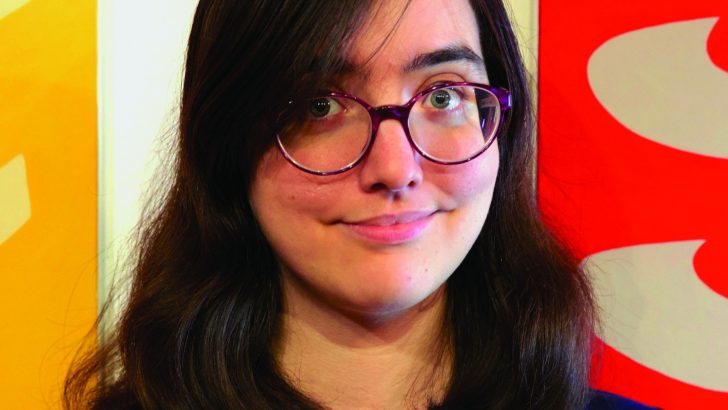One of the best homilies I ever heard was preached a month after the beatification of Cardinal Newman, when in a Mass to welcome the newly beatified cardinal’s relics to Manchester’s Oratorian church a priest of the Oxford Oratory spoke about differences between Britain’s 1982 and 2010 papal visits.
After Pope St John Paul II’s visit, he said, the Church dropped the ball and failed to nurture the seeds the saint had sown. And yet, he said, the clergy and laity of the day could almost be excused, because theirs was a world where the Catechism of the Catholic Church was a decade away, the Catholic Truth Society was moribund, and the internet was unheard of. Nowadays, he said, we have no such excuses.
For all the failings of the internet, and even the Catholic internet as we’ve seen too often of late, we should never forget how it remains an unparalleled resource, crying out to be used intelligently.
Papal comments
The Vatican website at w2.vatican.va/content/vatican/en.html, for instance, continues to be an unparalleled resource, such that there’s now no excuse for falling for misrepresentations of papal comments or Church teachings in the mainstream media or such purveyors of religious fiction as lifesitenews.com.
Sure, official Church outlets aren’t always as quick as they could be in getting authoritative reports, statements and analyses out there – but I’m not sure that 24-hour news cycles are necessarily conducive to healthy spiritual lives. Patience, as they say, is a virtue, and if we’re sincere about engaging with the realities of Church life today, we should value truth ahead of haste.
***
Tweets worth sitting up for
Learning what kinds of Twitter feeds are likely to shed light rather than heat can be a challenging task, but it’s a worthwhile one. Michael Bayer’s lengthy threads at @mbayer1248 are always worth pondering, and I’d highlight too those of Liz Bruenig at @ebruenig, Niall Gooch at @niall_gooch, Dawn Eden at @DawnofMercy and Stephen Bullivant at @SSBullivant, to pick reliable highlights.
Mike Lewis at @mfjlewis is worth following too, not just for his role in the wherepeteris.com blog, but also in his own right, with his July 3 thread on how Pope Francis’ impromptu gift of Petrine relics to the Orthodox being a masterpiece of illumination. Such feeds are invaluable for pointing up fascinating and important articles like ‘Imagining Post-Trump Nationalism’, Emma Green’s analysis on theatlantic.com of how firstthings.com has changed during the Trump presidency.
***
I’m a late convert to podcasts, I’m afraid, but those with lengthy commutes could do a lot worse than trying Haley Stewart and Christie Isinger’s fountainsofcarrots.com, Rachel Sherlock and (usually) Phoebe Watson’s ‘Risking Enchantment’ at rachelsherlock.com/podcast, the ‘Sunday Gospel Podcasts’ at dominicansistersofstjoseph.org, the self-explanatory thecatholicfeministpodcast.com, and even abidingtogether.fireside.fm.
Podcasting seems to be a medium that smart Catholic women are making their own.
Speaking of spiritually nourishing fare from Catholic women, it’s well worth reading Barbara McClay’s ‘Small Graces: a meditation on urban prayer’ at commonwealmagazine.org.
“When I walk through cities, I try to remember to pray,” she writes. “It doesn’t usually get very sophisticated – Hail Marys and Our Fathers, in some combination, when I pass someone who seems to be homeless, or hear an ambulance, or see a person in distress. Even if there’s nobody in distress, I’ll try to just recite these prayers to the rhythm of my footsteps. After all, just because I can’t see someone doesn’t mean they might not need a prayer. And every once in a while, strangers will ask you to pray for them.
One action
“I don’t know that this is, as praying goes, particularly good, since it’s usually (really, always) distracted,” she continues. “But it can’t hurt. And it is one action I can take to prevent the hardening of my heart in a city where that often seems like the only way to live as I pass from one extreme to another with every step – wealth to poverty, highbrow to lowbrow and then back again.”
Wise words, and there’s more where they came from.


 Greg Daly
Greg Daly Barbara McClay
Barbara McClay 